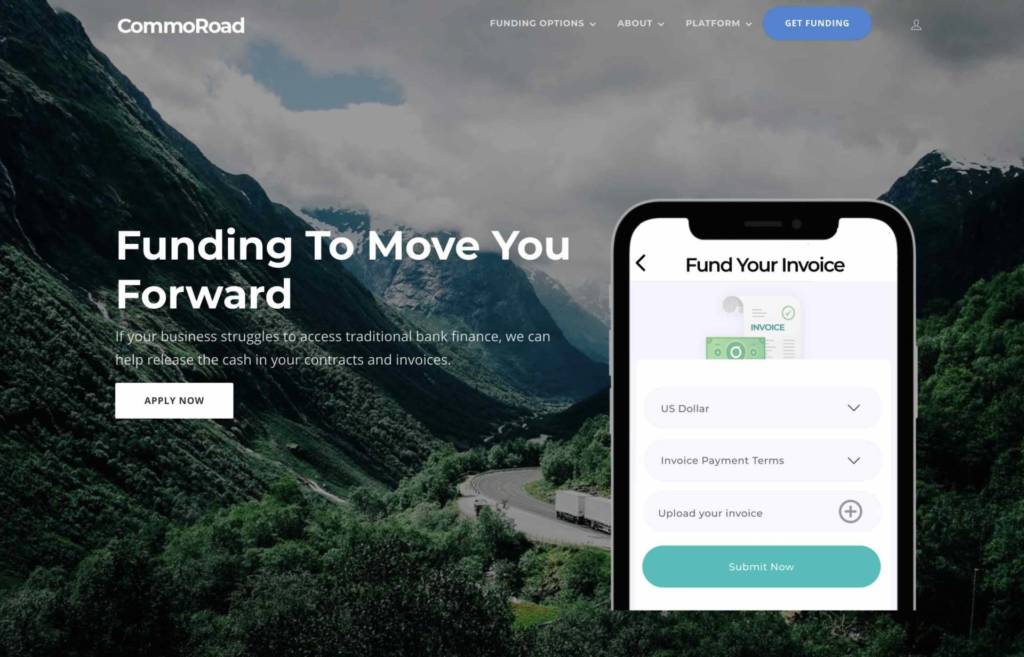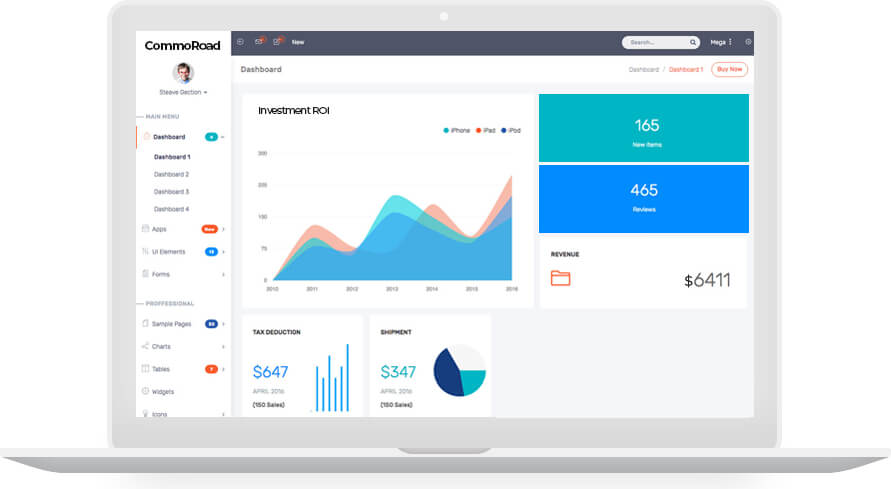London, 28 February 2019 – TFG spoke to Ibrahim Farag, CEO and founder of Diaspora International, about his ambitious plans to bridge the $1.5 USD trillion trade finance gap between underbanked nations in emerging markets and SMEs in more developed markets through a trust and recommendation-based model.
Diaspora International, founded 2 years ago, has been providing working capital to emerging businesses across East Africa, Saudi Arabia, Qatar and the UAE. Farag saw an opportunity to serve high return emerging markets which often struggle to access liquidity.
TFG recently reported that Diaspora International had entered the UK market as a challenger non-bank finance provider.
Set up in the Netherlands, with offices in London, Kenya, Vietnam and Cario we had the opportunity to speak to Ibrahim Farag, CEO, and his team, about their vision to create a trust-based platform to connect buyers, sellers and liquidity providers in an ecosystem which allows businesses to reduce their cash conversion cycles and have access to working capital without waiting several months for payment from their end customers.
ABL in Emerging Markets
Asset-backed lending in emerging markets is difficult. Lack of trust and financial infrastructure, legal frameworks, and the ability to enforce security are just some of the many challenges businesses face, even though they may have credible end customers, a solid business plan and good trading financials. Diaspora International has been providing liquidity into emerging markets for over two years, and in its next stage of growth, is looking to address interest rate opportunities between buyers in the West and sellers in emerging markets, as well as digitalising a trust-based ecosystem which allows SMEs to build up a reputation score and access finance which isn’t ordinarily available.
Transactions financed (average transaction size: $100k)
- An importer of fresh food selling to large supermarket chain, Carrefour, on 45-day payment terms. With import and clearance taking a further 45 days, the three-month cash conversion cycle was a working capital issue for the seller. By assigning Carrefour’s purchase orders to Diaspora International, they were able to import the commodities on the seller’s behalf, thereby reducing payment timescales
- A seller of packaging material to a large supermarket chain in Africa – Diaspora International provided a post-shipment finance facility
- Exporting pepper and spices from Tanzania to Gulf Countries. Diaspora International acted as an intermediary for off-balance sheet guarantee to the seller which guaranteed payment to the larger buyer
The company plans to launch a fundraising campaign later this summer, however is confident that it will have funded no less than USD 15M of trades before the end of 2019 relying on it’s immediate resources and pipeline, that is without taking into account the amount raised during the fundraising campaign.
CommoRoad, A trust-Based Network to Determine Risk
Diaspora is set to launch its platform in the next few weeks, its trade finance product, CommoRoad. By learning about, and structuring finance in these markets, Farag and team are now working on their next venture; a trust based ‘social network’ connecting the key constituents and parties in this trade network.
The ecosystem is being designed to track buyers, sellers and funders, according to Farag. It will be built from an algorithm which tracks and assigns a reputation score for buyers and sellers, so that funders can join and offer a Bill of Lading or other trade finance.
The company is looking at credit insurance backed facilities for some of the trades, so that it can increase liquidity provision for SMEs in 2019.
In the future, Diaspora International looks to get a UK banking license (by 2022), following the launch of its platform (CommoRoad) and will expand its service security and transparency by incorporating blockchain ledger technology through the use of smart contracts and a digital token.

























